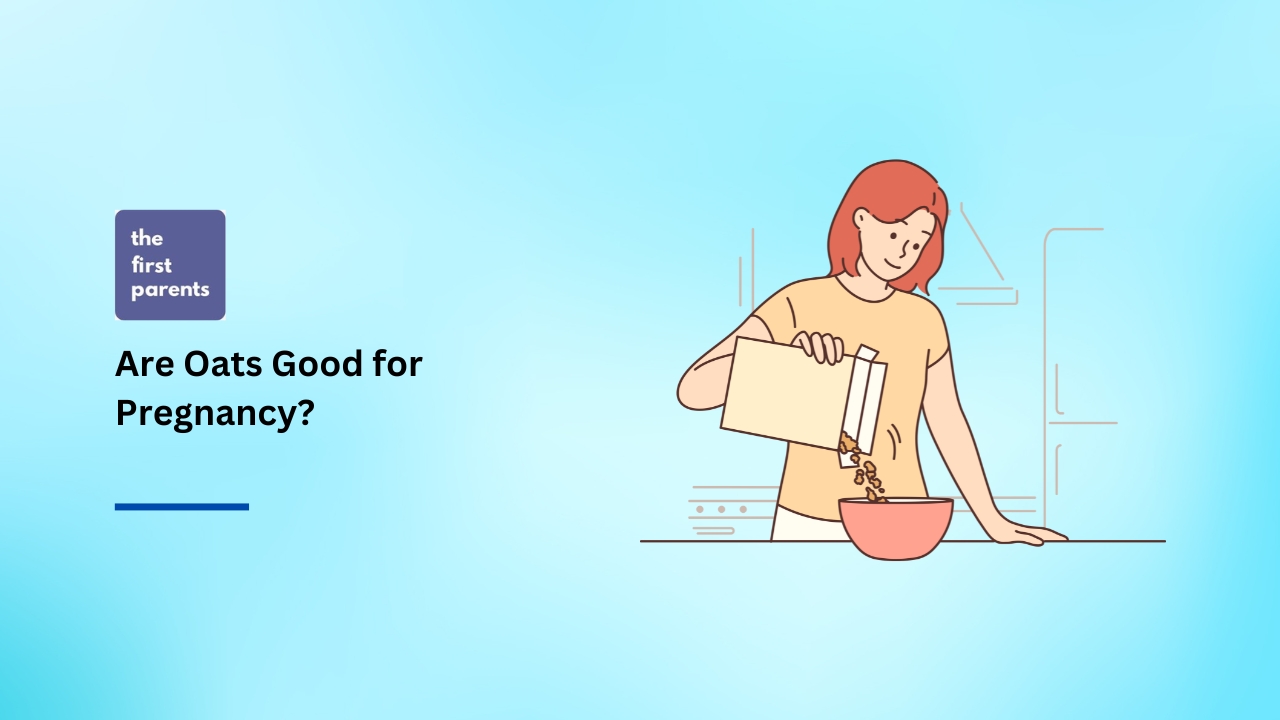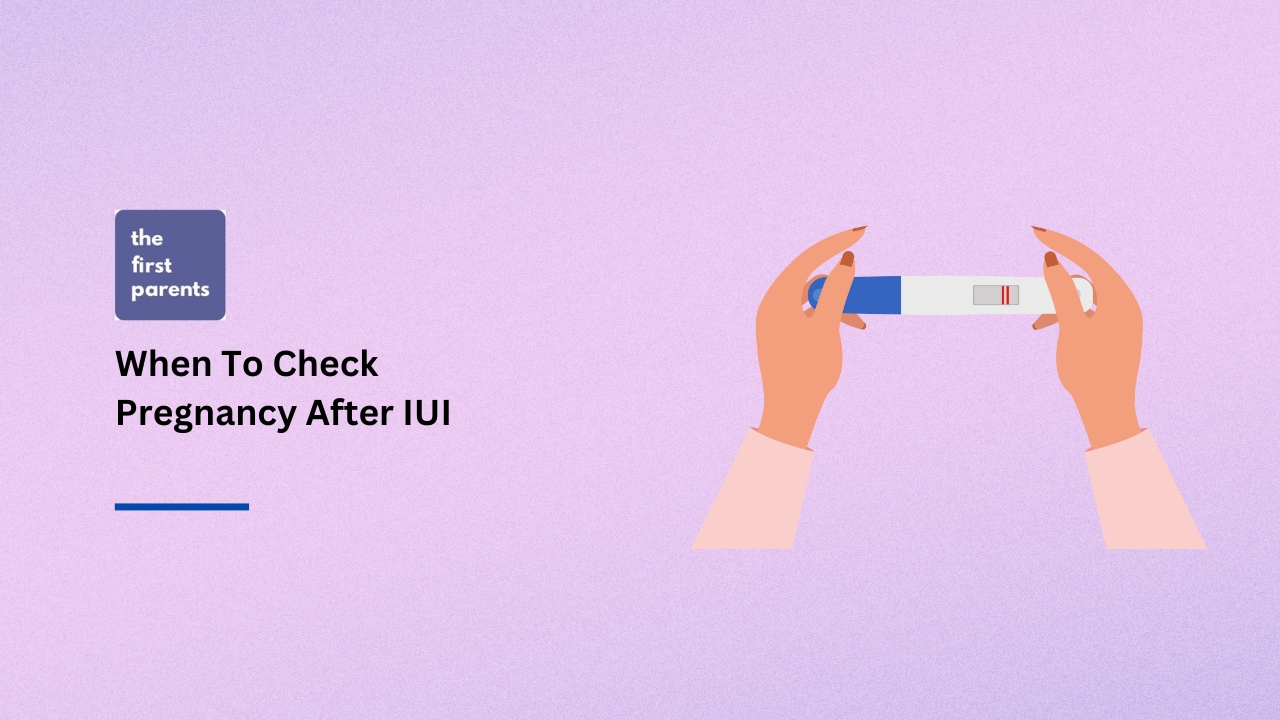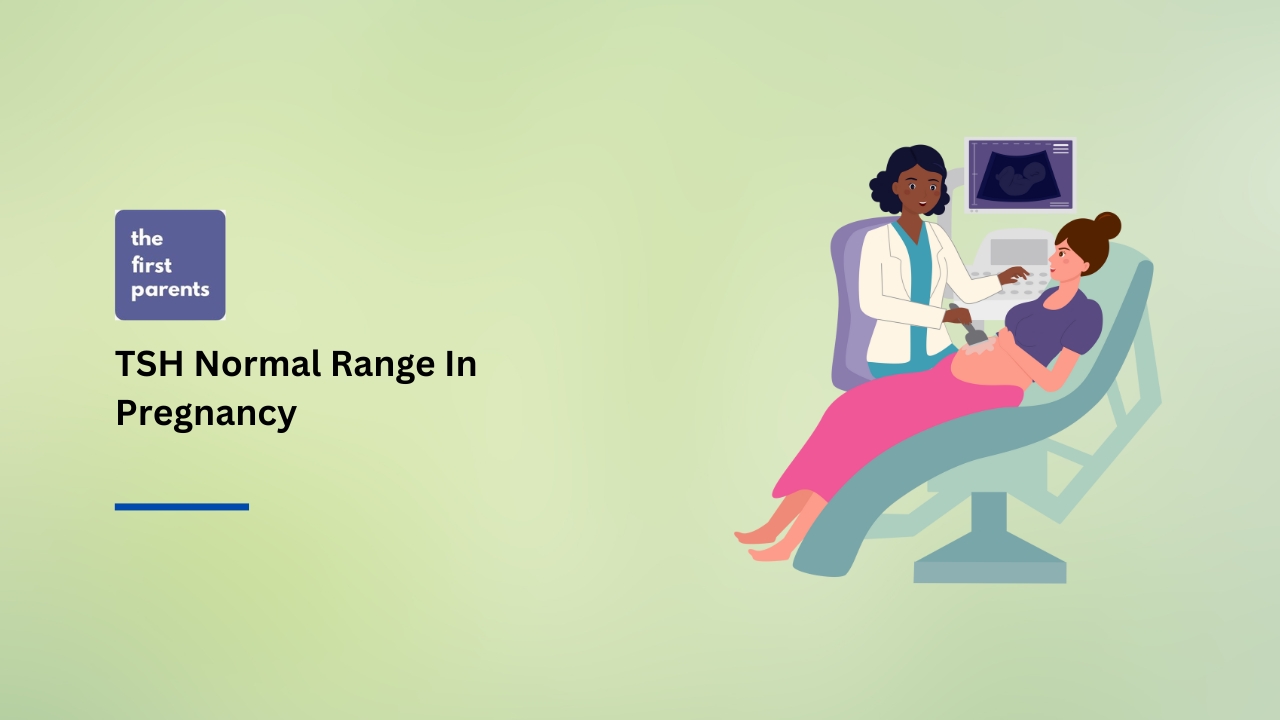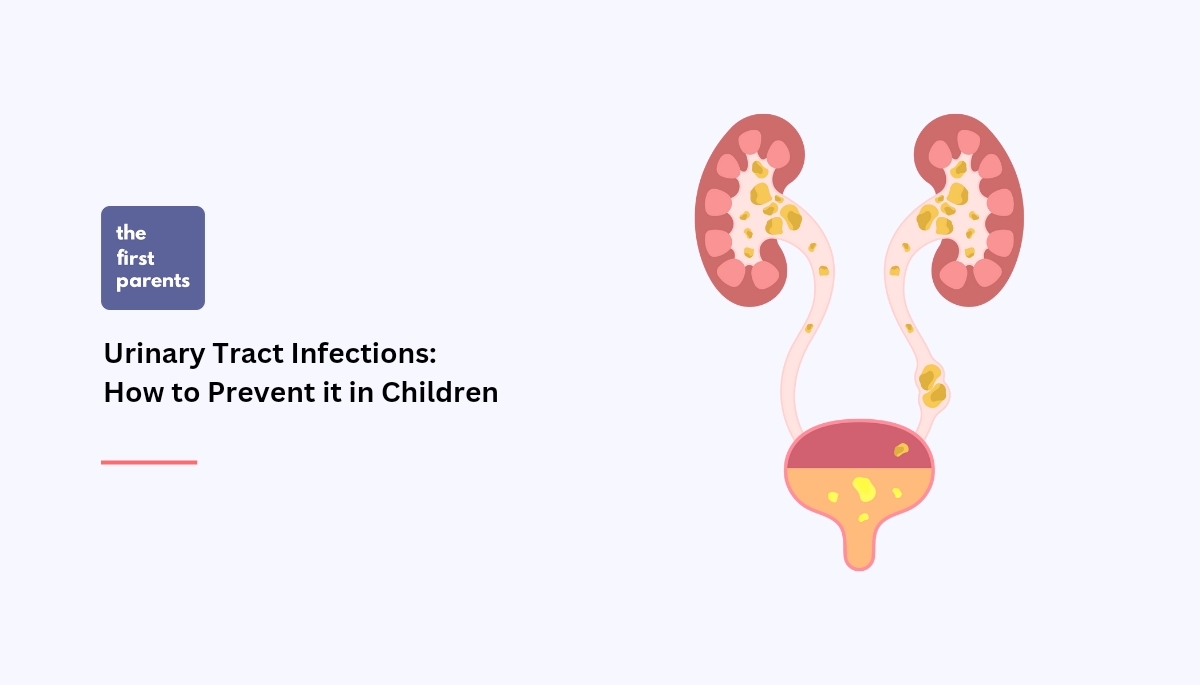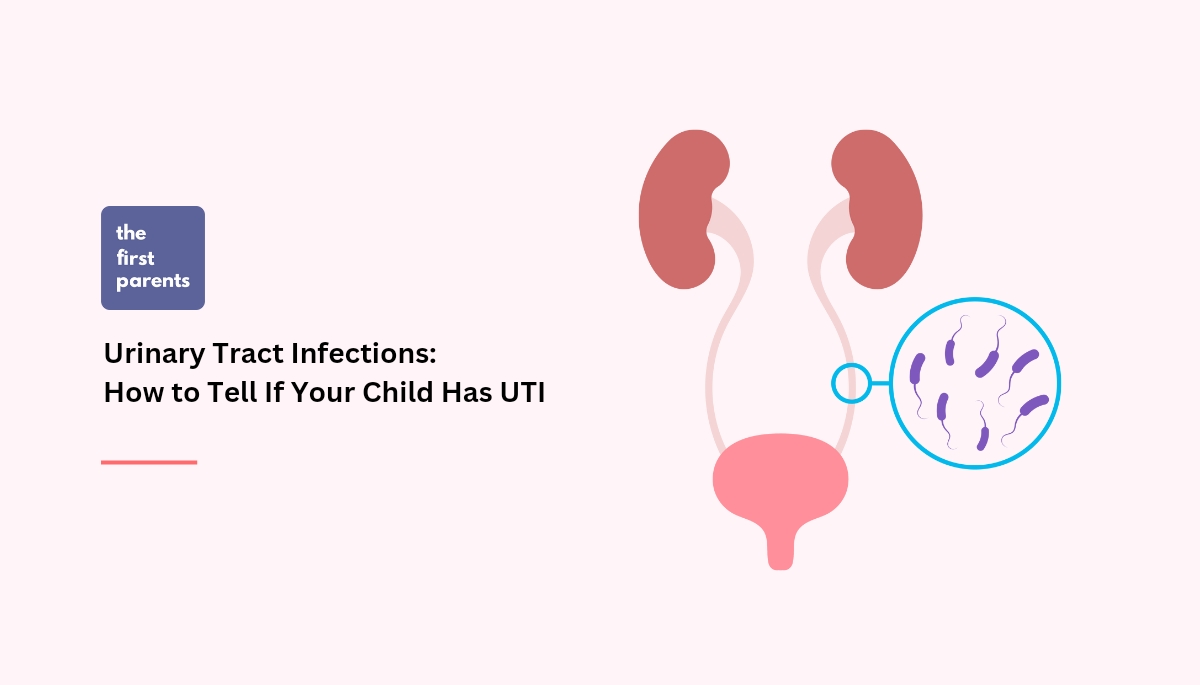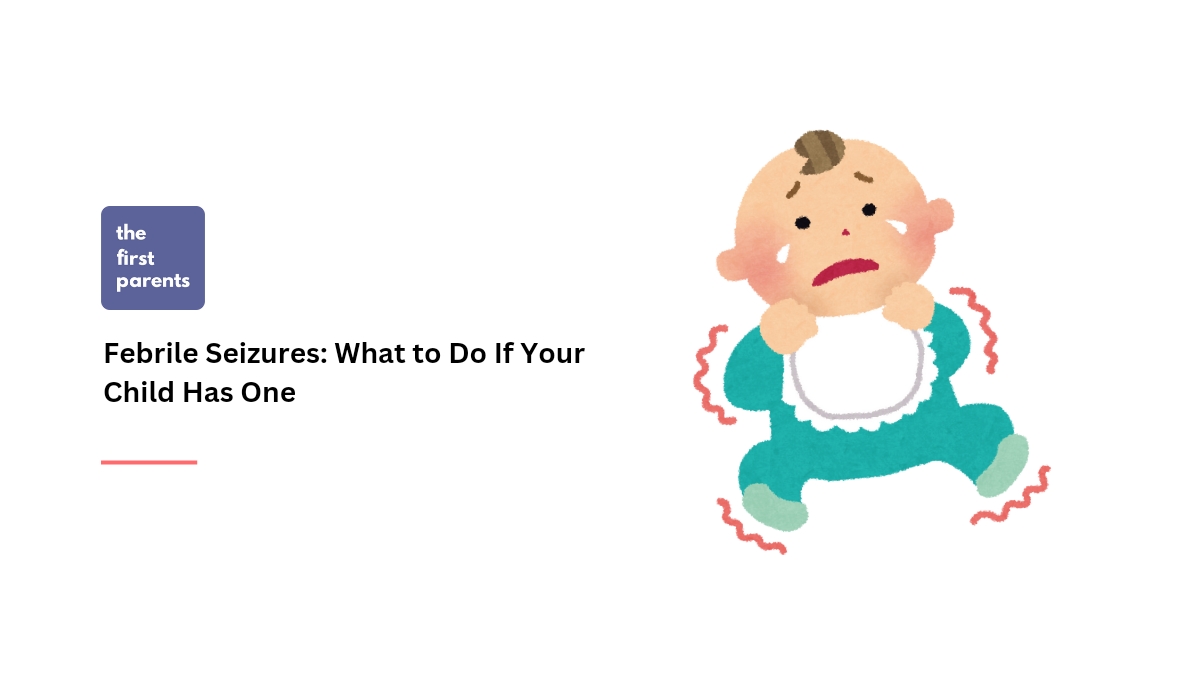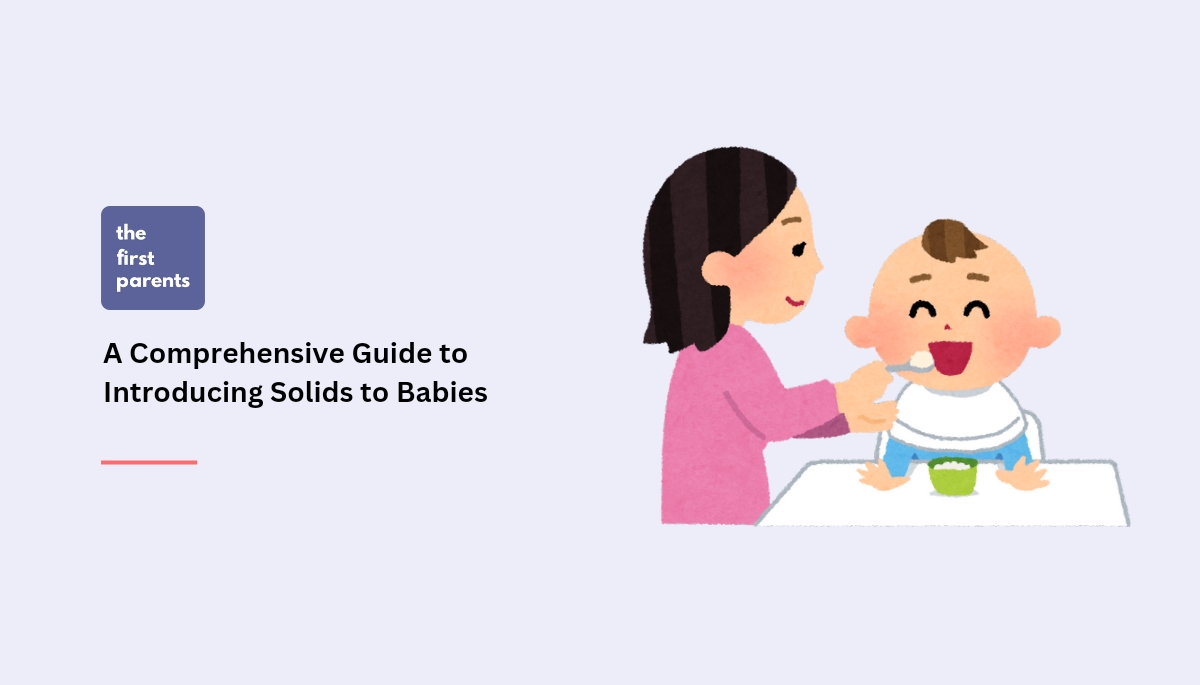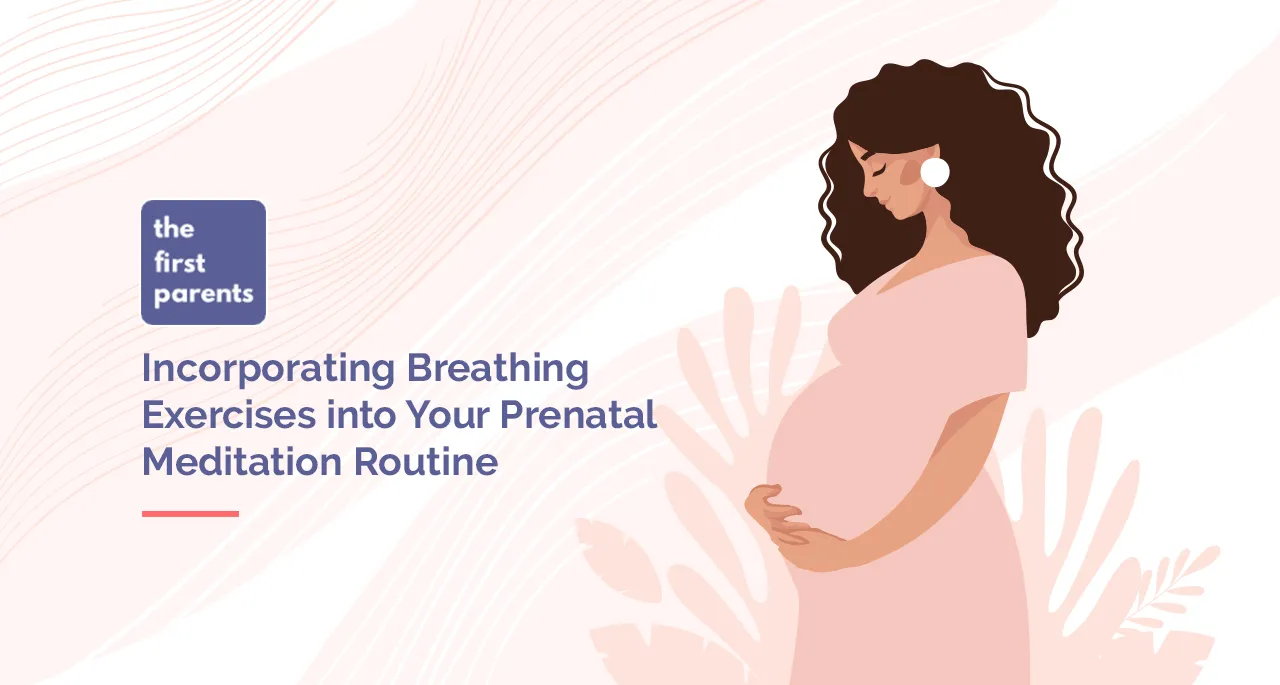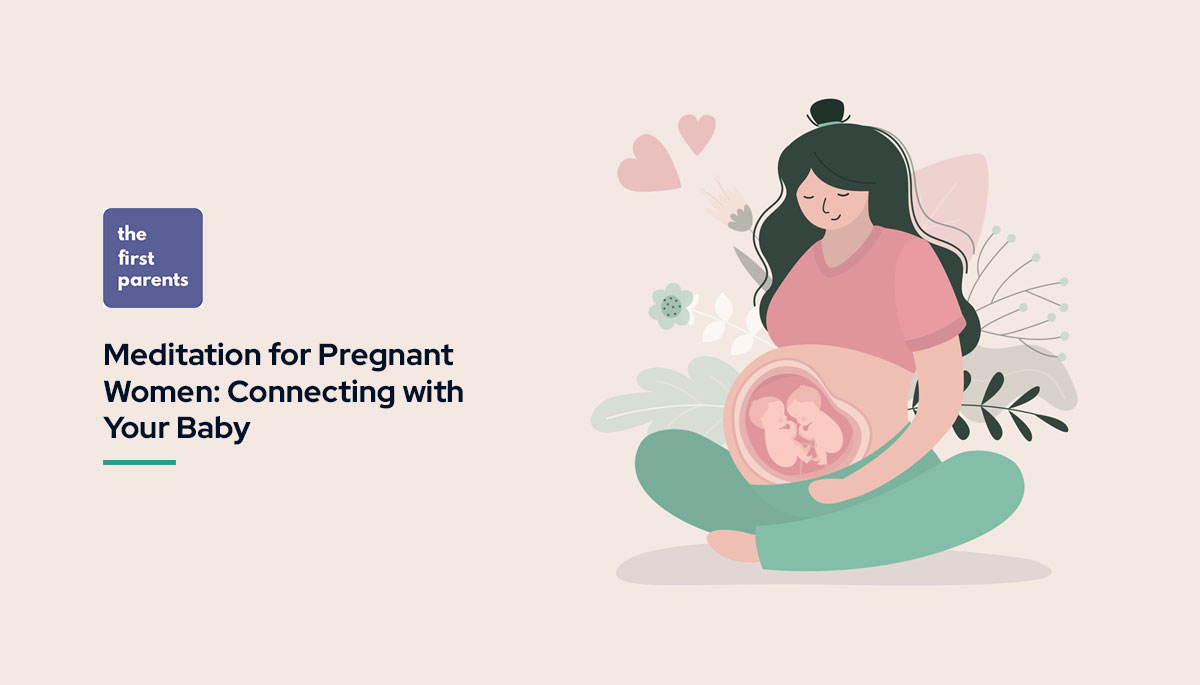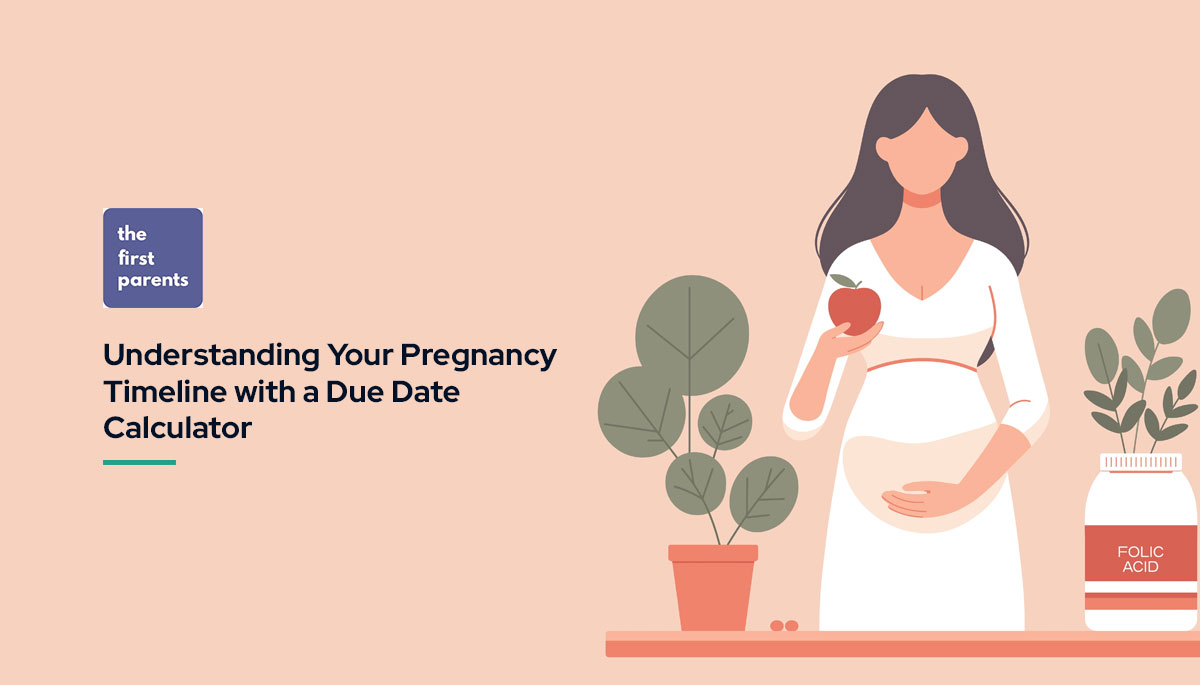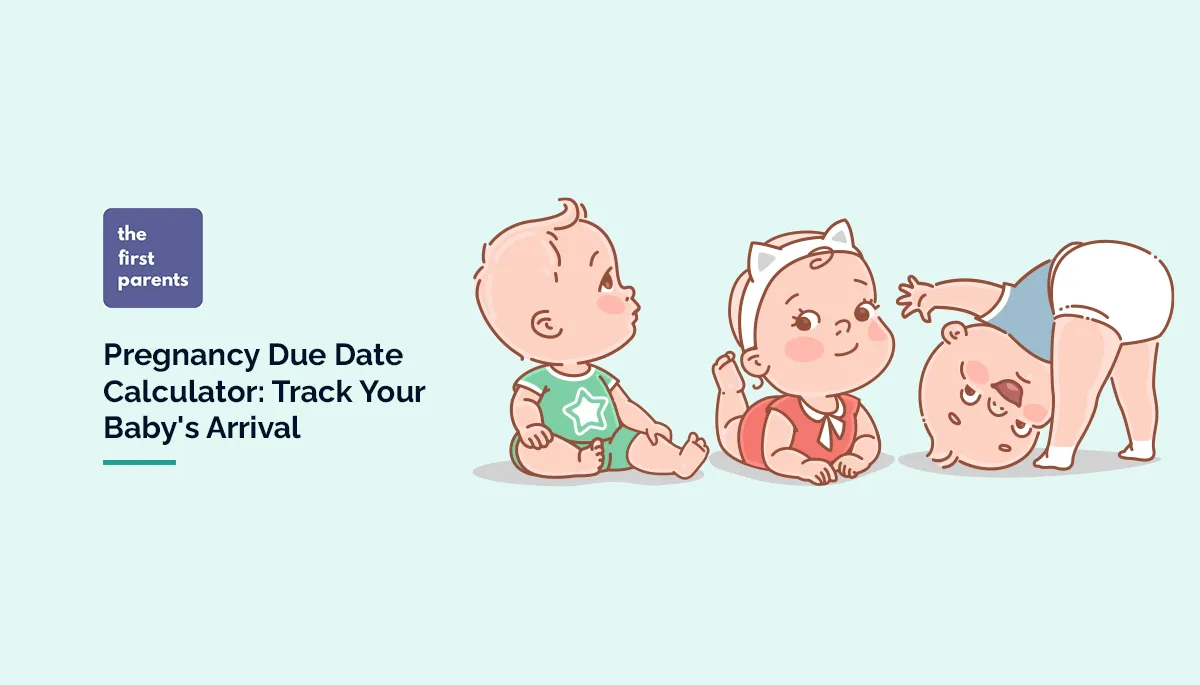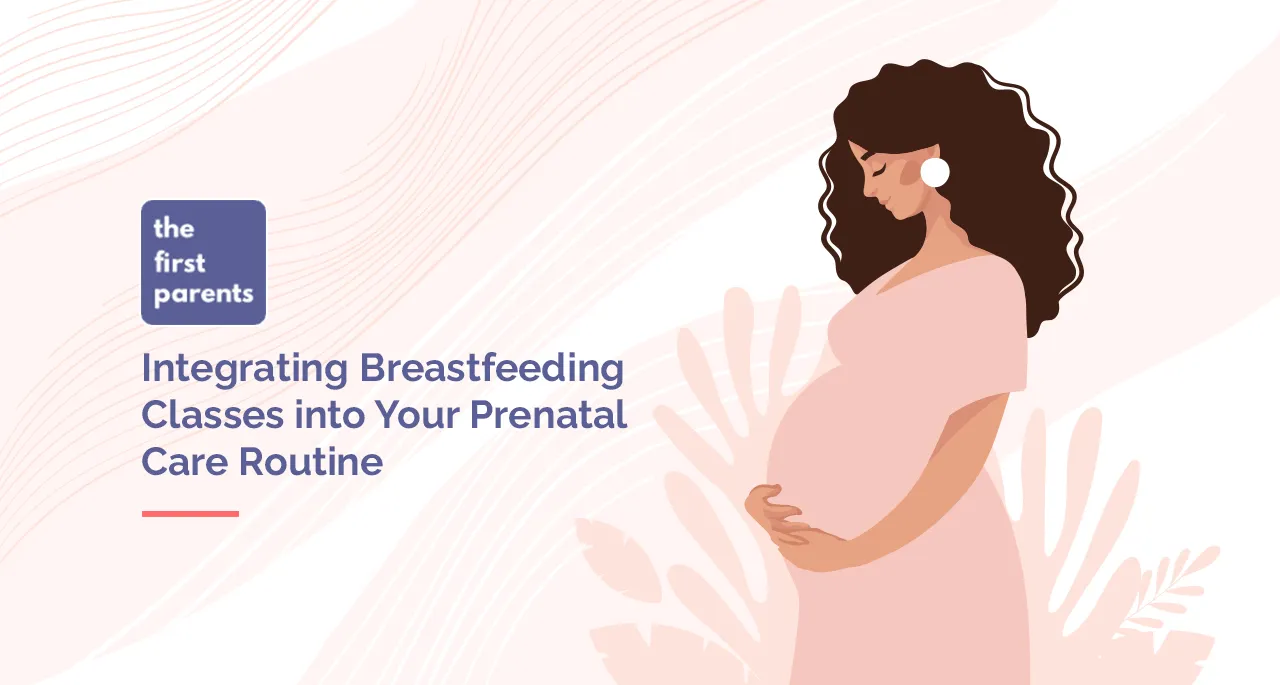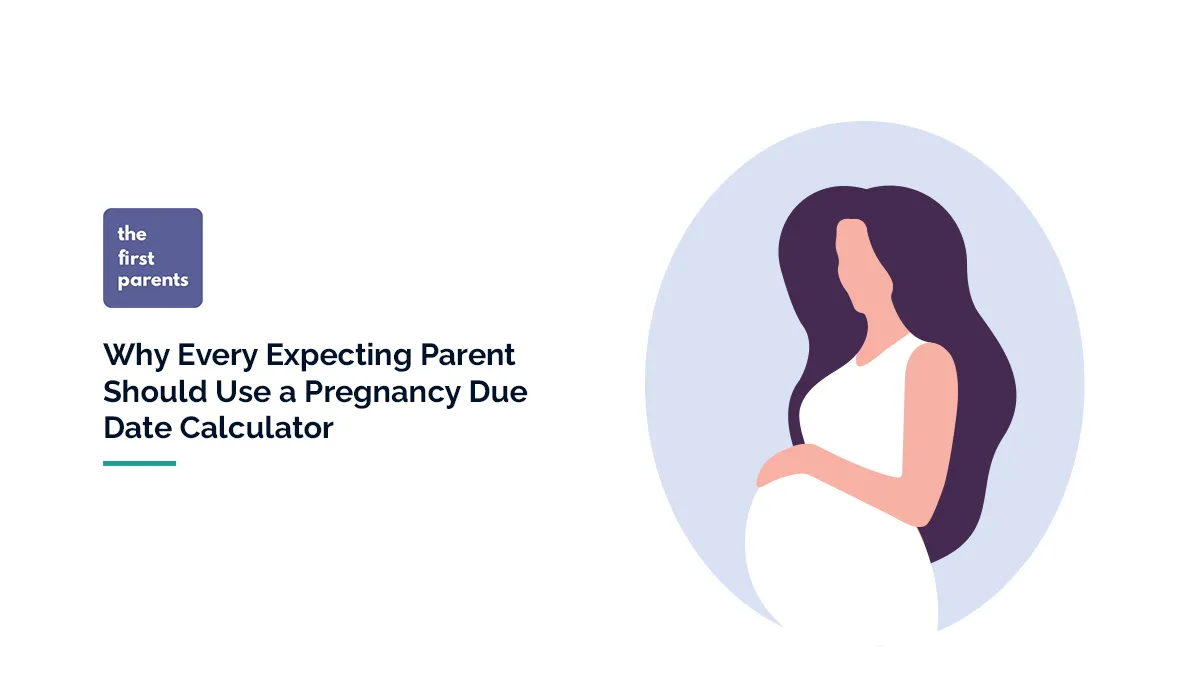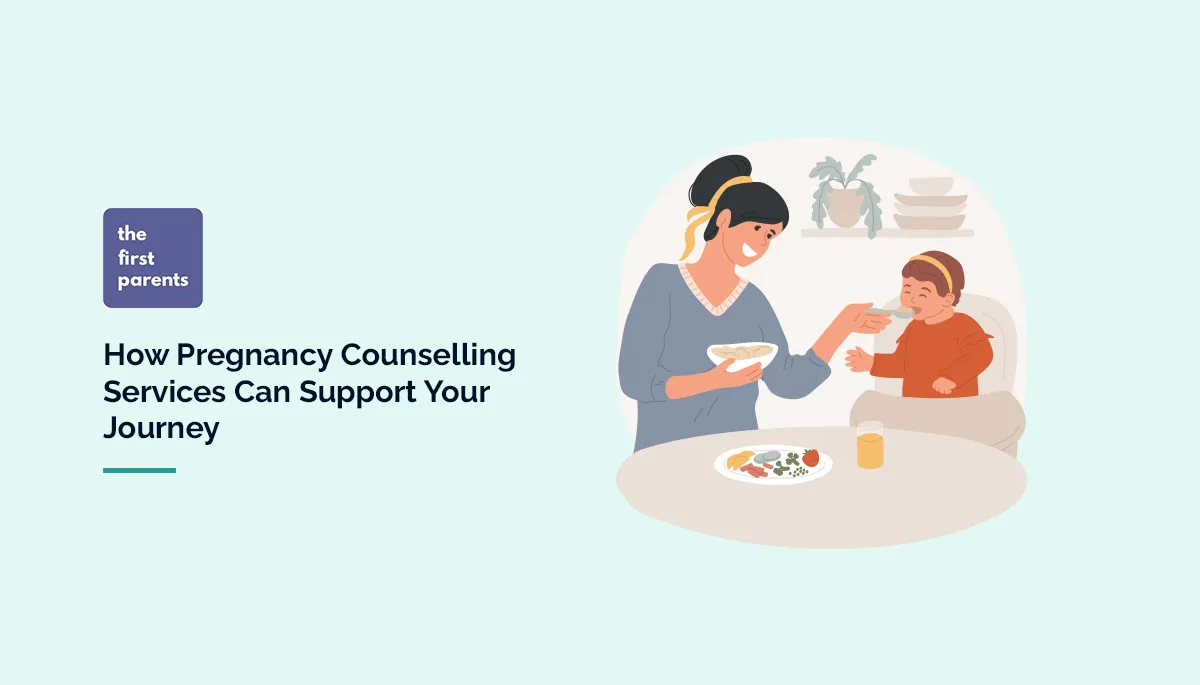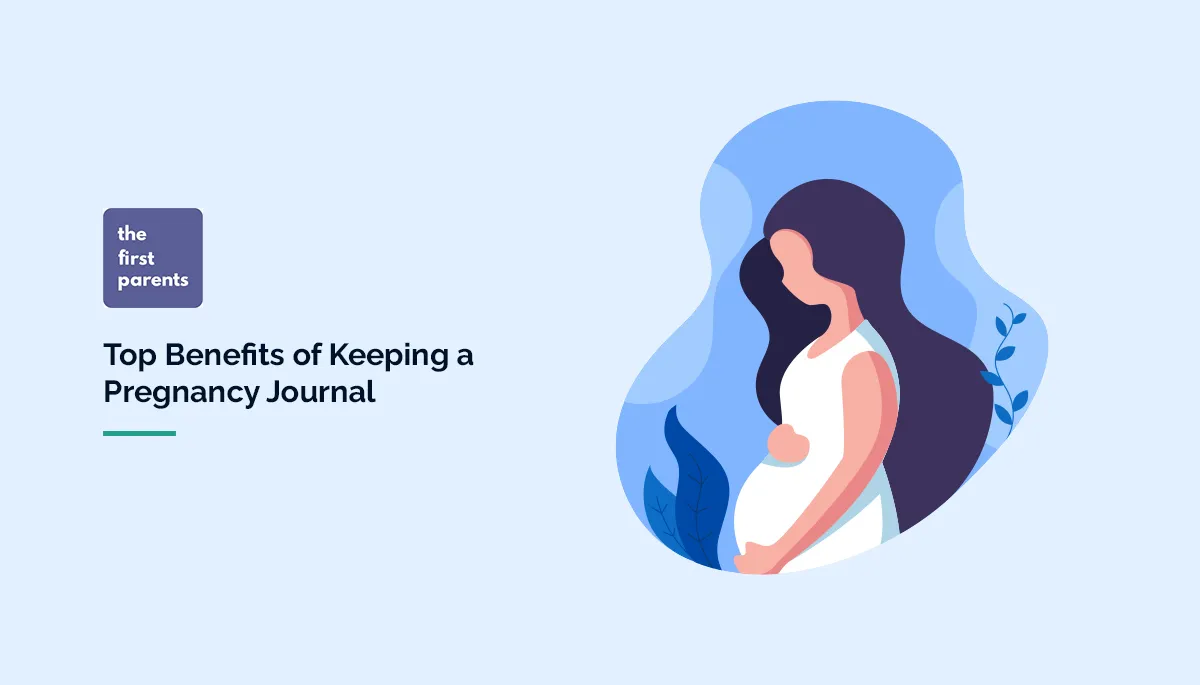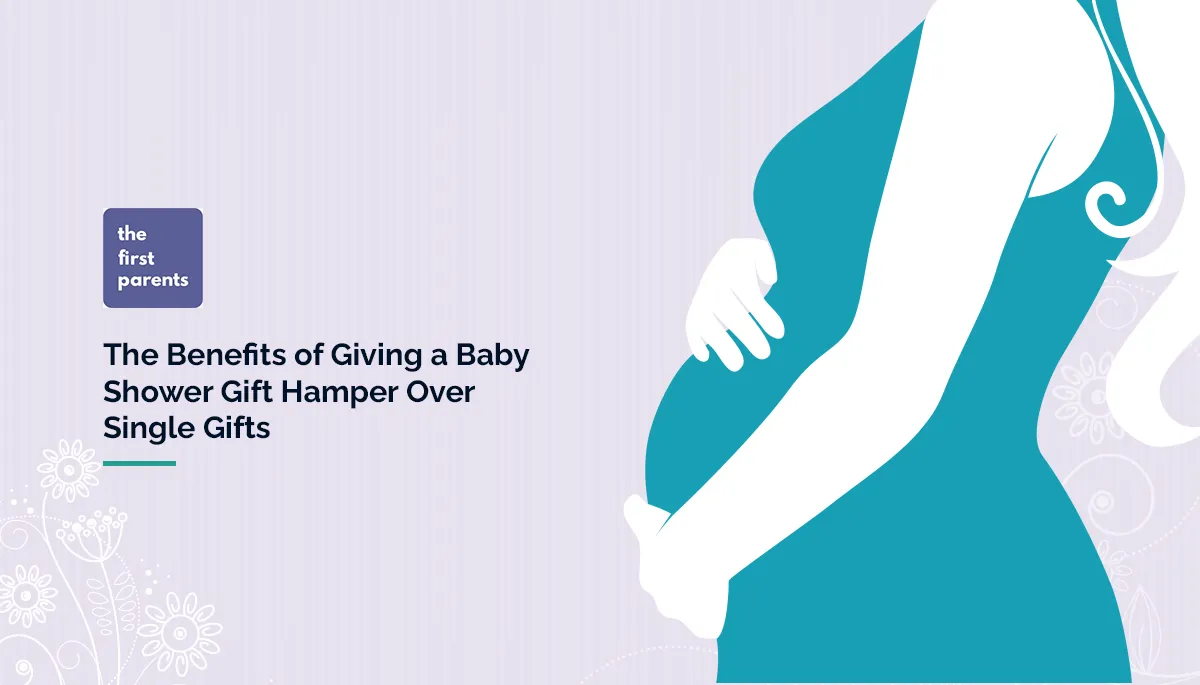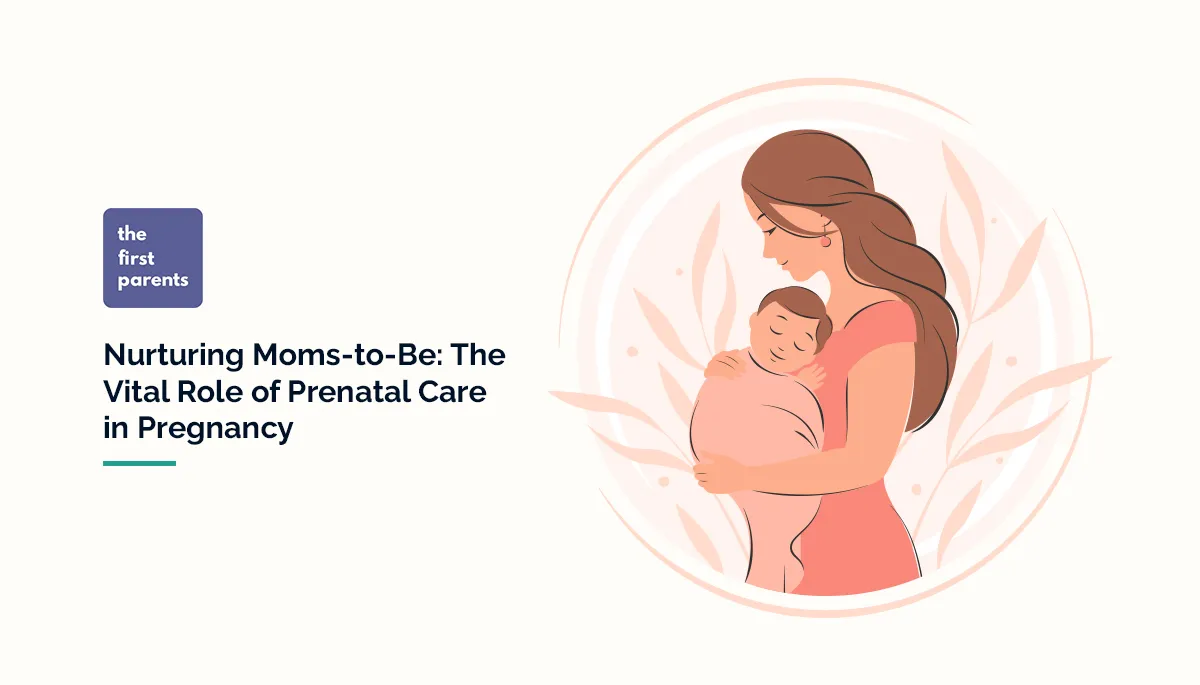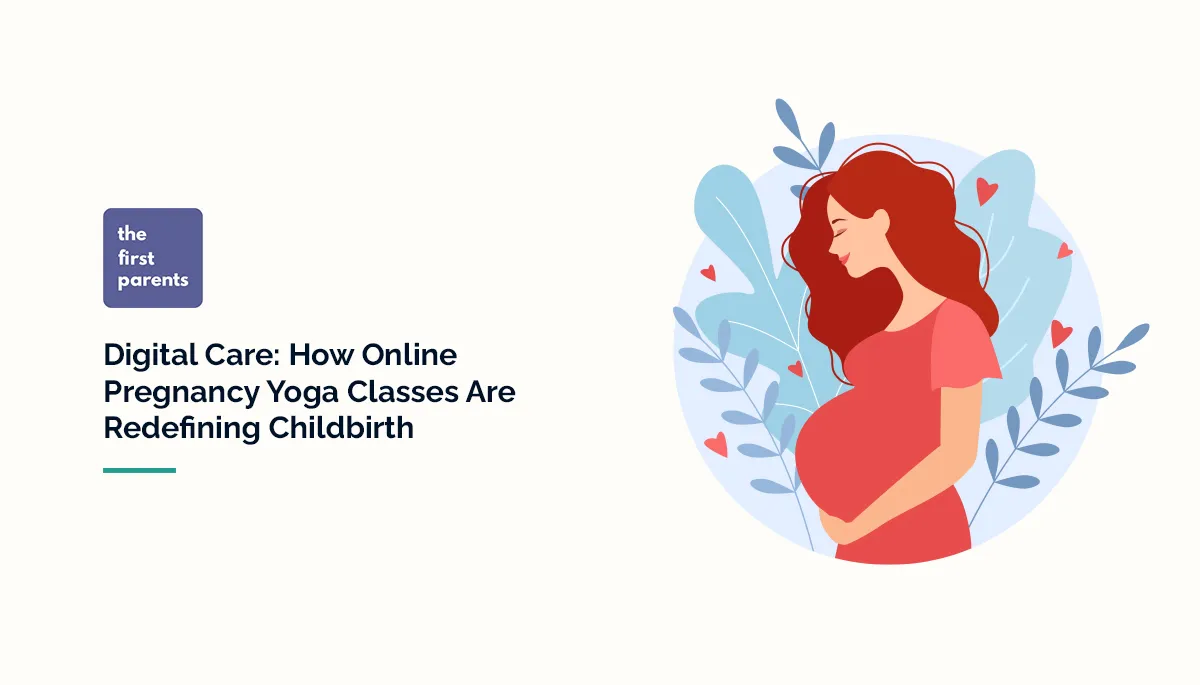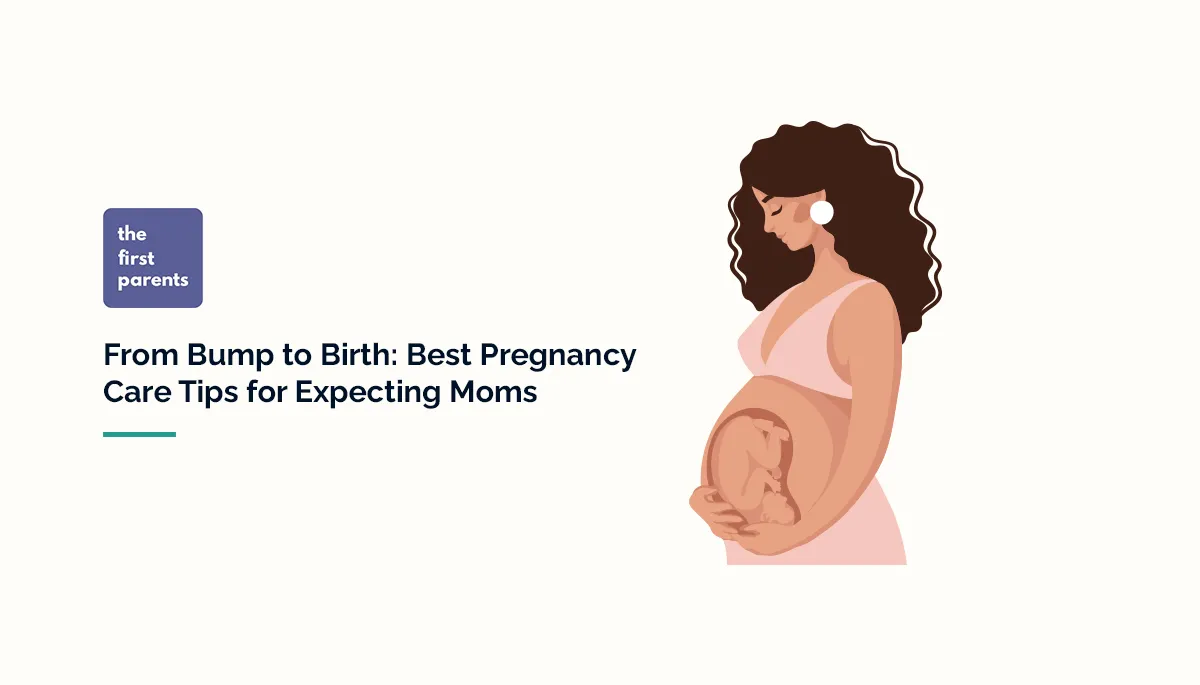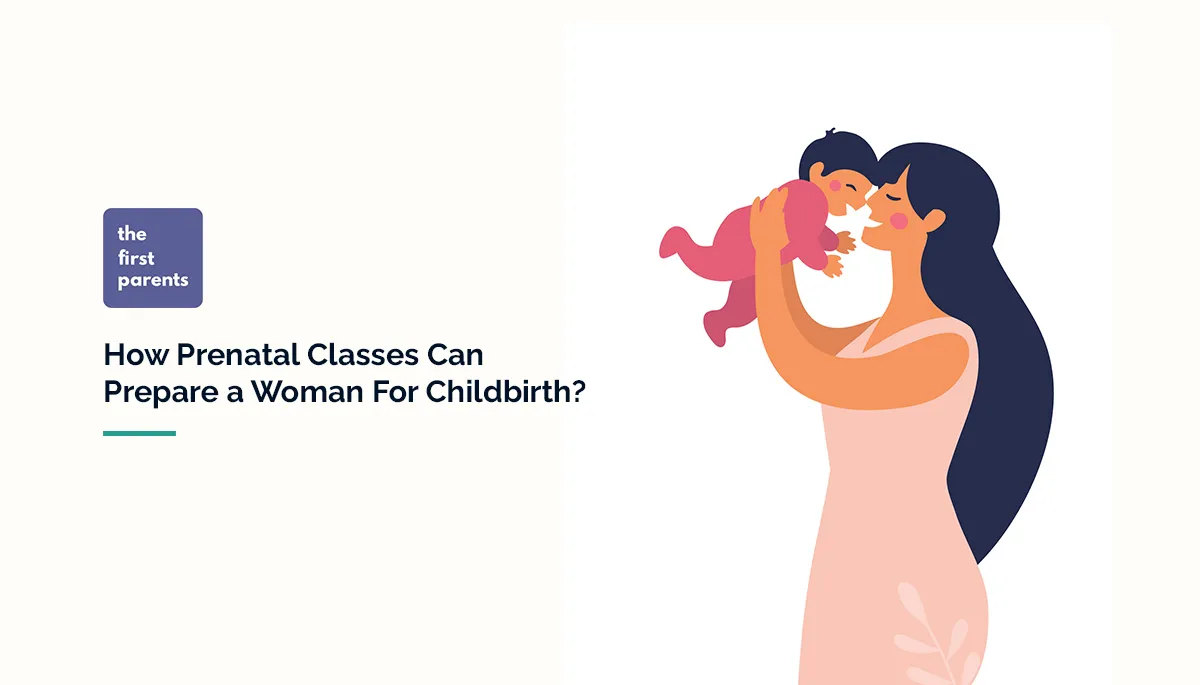TSH Normal Range In Pregnancy – Everything You Need To Know
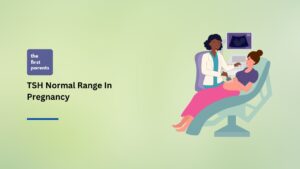 " alt="" />
" alt="" />
- First Parents
- March 25, 2025
Wondering what the TSH normal range in pregnancy is? You are in the right place!
Pregnancy changes a woman’s body in unexpected ways. A significant challenge faced by most women is hormonal imbalance, which causes major shifts in the body. It not only increases the level of progesterone and estrogen but also leads to thyroid dysfunction.
According to statistics, about 5-7% of pregnant women suffer from thyroid problems, with hypothyroidism being more common than hyperthyroidism. For those unversed, thyroid hormones are essential for the development and function of the placenta, which helps deliver nutrients and oxygen to the baby.
The question is, why does thyroid dysfunction happen during pregnancy? When you are pregnant, your body produces more T4 to support you and your baby. If the thyroid gland fails to meet this demand, hypothyroidism can develop. However, other factors like stress, inflammation, and iodine deficiency can also contribute to the problem.
If you notice symptoms like weight gain, fatigue, mood swings, constipation, anxiety, or muscle cramps, it’s better to get your thyroid tested. Detecting the problem early can help deal with it better. We have provided essential details in this post if you are eager to learn more about TSH normal value in pregnancy.
What Is T3, T4, And TSH Normal Range In Pregnancy?
Thyroid hormone levels change during pregnancy so that your body can support the growth and development of your baby. These levels are different from those of women who are not pregnant. Also, it is essential to note that the normal range may vary depending on how the lab conducts the test. This is why you should always consult your doctor after you receive your test results. A professional can give you the most accurate interpretation than anybody else.
Here’s a detailed breakdown of thyroid hormone levels during each trimester of pregnancy:
First Trimester (0–12 Weeks)
- T3: 1.21 to 1.32 ng/mL
- T4: 7.57 to 8.13 μg/dL
- TSH: 0.18 to 2.99 uIU/mL
Second Trimester (13–26 Weeks)
- T3: 1.13 to 1.64 ng/mL
- T4: 7.17 to 8.64 μg/dL
- TSH: 0.11 to 3.98 uIU/mL
Third Trimester (27 Weeks Until Birth)
- T3: 1.16 to 1.51 ng/mL
- T4: 7.07 to 8.44 μg/dL
- TSH: 0.48 to 4.71 uIU/mL
It may be a sign of thyroid function if your thyroid hormone levels are too high or too low compared to the normal range. In this case, you should consult your doctor immediately. Otherwise, it can affect both you and your baby’s health.
Importance Of Thyroid Hormones
Thyroid hormones play a crucial role in helping your body function properly. The pituitary gland releases thyroid-stimulating hormone (TSH), which signals the thyroid gland to produce two essential hormones – triiodothyronine (t3) and thyroxine (T4). These hormones maintain various body processes, including heart rate, metabolism, and overall energy levels.
While T4 is the more abundant hormone, your body converts it into T3, the more active form. This ensures that the cells receive the right amount of thyroid hormones.
Thyroid hormones affect your entire system. Its key role includes:
- Regulating heart rate
- Promoting brain development
- Maintaining bone and skin health
- Controlling body temperature
- Supporting digestion
- Managing metabolism
- Helping muscle function
However, issues arise if your thyroid gland produces too much or too little of these hormones. An underactive thyroid (hypothyroidism) or overactive thyroid (hyperthyroidism) can cause health issues.
Maintaining T3, T4 and TSH normal range in pregnancy 3rd trimester is essential so your baby remains healthy. As mentioned, these hormones are crucial for your baby’s brain and nervous system.
You can have a healthy pregnancy if your thyroid hormone levels are within the normal range. If the level exceeds, you should seek medical guidance to prevent complications.
Signs Of Abnormal T3, T4, And TSH Levels During Pregnancy
During pregnancy, you must be aware of the signs of thyroid hormone imbalances in your body. If your T4, T3, or TSH levels are too low or too high, it can affect your health and your baby’s development. This is why it is crucial not to ignore the early signs, if any. You can seek medical help on time by recognising these symptoms early on.
Since many of you are unsure of these symptoms, we have provided a brief overview. We have noted down the common symptoms of both hyperthyroidism and hypothyroidism in the lines below.
Symptoms of Hyperthyroidism (High T3 and T4, Low TSH)
If your thyroid produces too much hormone, it can speed up your body’s processes. This can cause:
- Increased nervousness and anxiety
- Trouble sleeping
- Digestive issues
- Rapid or irregular heartbeat
- Excessive sweating and heat intolerance
- Swollen thyroid (goitre)
- Tremors and shaky hands
- Unexpected weight loss
Symptoms of Hypothyroidism (Low T3 and T4, High TSH)
When your thyroid gland does not produce enough hormones, it slows down your body’s processes. This can lead to:
- Constant fatigue and tiredness
- Dry skin and hair thinning
- Digestive issues
- Muscle cramps and pain
- Mood swings
- Unexplained weight changes
- Increased sensitivity to cold
- Irregular or heavy menstrual cycle
If you experience these symptoms during pregnancy, you shouldn’t waste time and consult a doctor as soon as possible. A professional will recommend getting a thyroid function test to determine if your hormone levels are out of balance. Early detection and treatment can help prevent unwanted complications and keep your baby healthy.
Causes Of Thyroid Problems During Pregnancy
Thyroid issues during pregnancy may occur due to various reasons. Several factors contribute to abnormal levels of your body’s T3, T4, and TSH hormones. To help you understand better, we have explained some of the main reasons below.
Autoimmune Disorders
Certain autoimmune conditions can affect your thyroid gland. One such condition is Hashimoto’s thyroiditis, which occurs when your immune system attacks your thyroid gland. This condition can worsen when you are pregnant. If this happens, it will reduce thyroid hormone production in your body.
Increased T4 Demand
During pregnancy, your body requires more thyroid hormones, primarily T4, to support your metabolism and your baby’s growth. If your thyroid gland fails to produce enough T4, it can lead to hypothyroidism, which in turn causes weight gain, fatigue, and sluggishness.
Graves’ Disease
Graves’ disease is an autoimmune disorder that causes your thyroid gland to produce too much hormone. It is one of the main reasons why people get hyperthyroidism. If you already have this condition, it may worsen during your pregnancy. If that happens, it can lead to rapid weight loss, anxiety, and irregular heart rate.
Iodine Deficiency
If you didn’t know, iodine is essential for producing thyroid hormones in your body. During pregnancy, your body requires more iodine. If this demand is not met, it can result in reduced thyroid function and hypothyroidism.
Pre-existing Medical Conditions
Women with chronic conditions like autoimmune diseases or type 1 diabetes are at a higher risk of developing thyroid problems during pregnancy. If you are among them, you need to be careful of how you treat your body while pregnant. That’s because these conditions can interfere with your hormone regulation and even worsen thyroid imbalances in your body.
Stress and Inflammation
It is a known fact that pregnancy makes your body more stressed than usual. This, in turn, increases inflammation and affects your body’s thyroid function. If you already have mild thyroid imbalance, your symptoms may worsen because of hormonal changes and stress.
Genetic History
In case thyroid disorders run in your family, you will get it, too. You may experience the symptoms during pregnancy as well. Genetics play a vital role in thyroid function. It makes you more prone to hyperthyroidism or hypothyroidism.
Tests For Thyroid Disorders During Pregnancy
When you get pregnant, it automatically affects the thyroid hormone levels in your body. In some cases, the changes are not noticeable. However, for some women, it may cause significant thyroid problems.
Based on research, thyroid disorders affect 2 to 3 out of every 100 pregnancies. During the first trimester, your TSH levels drop slightly, increasing as your pregnancy progresses.
You must get routine check-ups, including blood tests and physical examinations, to ensure your thyroid functions correctly. This will help detect any imbalances and determine what treatment is needed. Some of the tests to check thyroid levels include:
- Thyroid Profile Test
- Total T3 (Triiodothyronine) Test
- Thyroid Profile Free Test
- TSH 3rd Generation Test
- Thyroid Antibodies Panel (Anti TPO, Anti TG) Test
- FT4 (Free Thyroxine 4) Test
How Common Are Thyroid Problems During Pregnancy?
Thyroid issues are pretty common during pregnancy and can affect both the mother and baby. Based on studies, about 2% to 4% of pregnant women experience some thyroid problems.
A more serious condition, overt hypothyroidism, occurs in about 0.2% to 0.6% of pregnancies. This happens when your thyroid gland doesn’t produce enough hormones.
A milder form, subclinical hypothyroidism, is more common. It affects about 3.5% to 18% of pregnant women. However, the exact number depends on what doctors consider a high TSH level.
Women who have both thyroid peroxidase (TPO) antibodies and high TSH levels are more prone to pregnancy complications. Based on research, about one-third of women with subclinical hypothyroidism also have TPO antibodies, which can increase health risks.
How Overt Hypothyroidism Affects Pregnancy?
Severe hypothyroidism in pregnant women can cause serious problems. It is known to increase the risk of complications like low birth weight, premature birth, pre-eclampsia, and miscarriage. Not only that, but it can also affect your baby’s brain development.
Based on studies, children who are born to mothers with untreated hypothyroidism have lower IQs. Also, they develop motor skills late. However, if hypothyroidism is adequately treated, it can reduce the risk of complications.
Can Subclinical Hypothyroidism Affect Pregnancy?
Even mild hypothyroidism can increase the risk of pregnancy problems like premature birth, miscarriage, and placental issues. However, research suggests it does not affect the baby’s brain development.
An essential thing about mild hypothyroidism is thyroid autoimmunity. Many women with mild hypothyroidism have thyroid antibodies, which increases the risk of miscarriage and gestational diabetes. The risk doubles if both high thyroid antibodies and TSH levels are present.
Since hypothyroidism symptoms can be unclear, it can take years to get diagnosed. Some pregnant women with high TSH levels may even develop severe hypothyroidism later. This is why early detection and monitoring are essential.
Iodine And Pregnancy
Iodine is an essential nutrient for the thyroid gland as it triggers the production of two key hormones, T3 and T4. Women’s average urinary iodine (UI) level is around 130 µg/L.
Iodine is essential in the first trimester because the baby depends on the mother’s iodine to develop a healthy thyroid. If the mother’s iodine level is too low, the baby may have thyroid problems.
If the mother’s iodine level is low even in the second trimester, the baby may develop thyroid issues. According to experts, you should take iodine supplements before pregnancy as it proves to be more effective.
Final Words
You should have now understood the importance of TSH normal range in pregnancy. It is essential not only for the mother but also for the baby’s development. You can avoid unwanted complications by maintaining a normal TSH range during pregnancy. An effective way to keep your thyroid hormones in check is to get thyroid tests done regularly. This helps you to detect the issues early and receive proper treatment.
FAQs
What is a normal TSH level for a pregnant woman?
The normal TSH level for pregnant women in the first trimester is below 2.5 mIU/L and 3.0 mIU/L in the second and third trimesters.
What is a good TSH level for getting pregnant?
Your TSH level should be below 2.5 mIU/L for optimal fertility.
Why is high TSH bad in pregnancy?
High TSH levels in pregnancy can lead to complications. It may affect the baby’s brain development and increase the risk of miscarriage, low birth weight and preterm birth.
What is a good TSH level?
TSH values between 0.5 and 5.0 mIU/L are considered good.
What is the TSH level for a baby’s gender?
There is no scientific evidence that TSH levels determine a baby’s gender. Thyroid function does not influence whether you have a boy or a girl.
How to reduce TSH in pregnancy?
To reduce TSH levels in pregnancy, eat iodine-rich foods, manage stress, and avoid excessive goitrogenic foods. Also, ensure you consume selenium and zinc.
Is TSH 8.5 normal?
A TSH level of 8.5 mIU/L is high. It suggests hypothyroidism and should be treated immediately.
How does the thyroid affect the baby in pregnancy?
Thyroid hormones are essential for developing your baby’s brain and nervous system. If you have hypothyroidism, it may cause developmental delays and other complications in your baby.
What should your hCG levels be at 2 weeks pregnant?
At 2 weeks of pregnancy, hCG levels are usually very low, ranging from 10 to 50 mIU/mL.
How to reduce TSH levels by food?
To help lower TSH naturally, eat dairy, eggs, fish, sunflower seeds, chicken, nuts, whole grains, and spinach.





